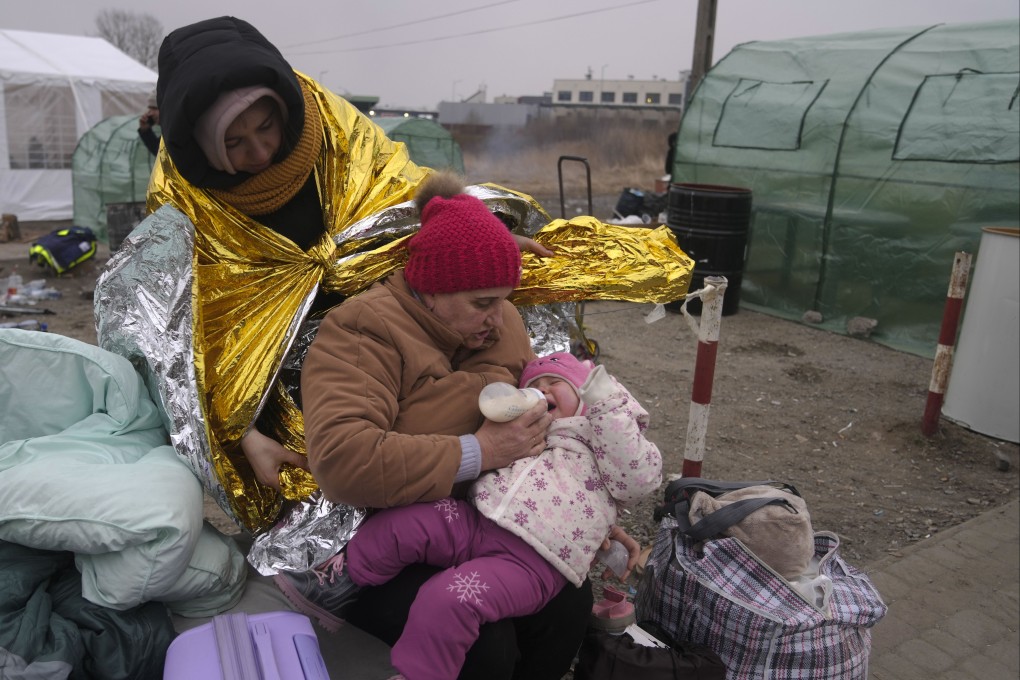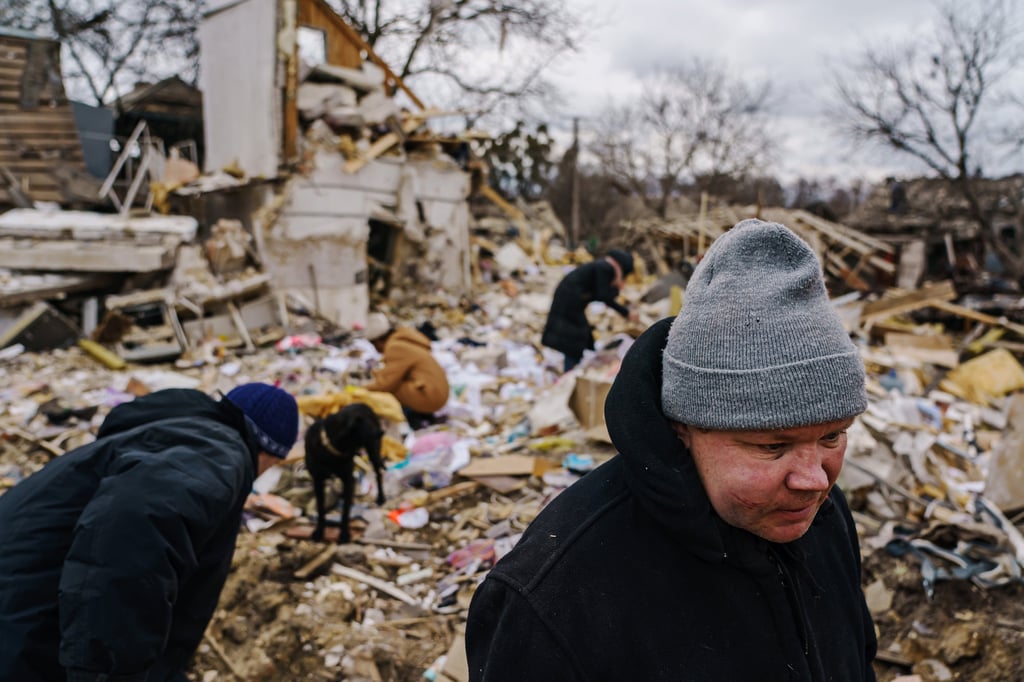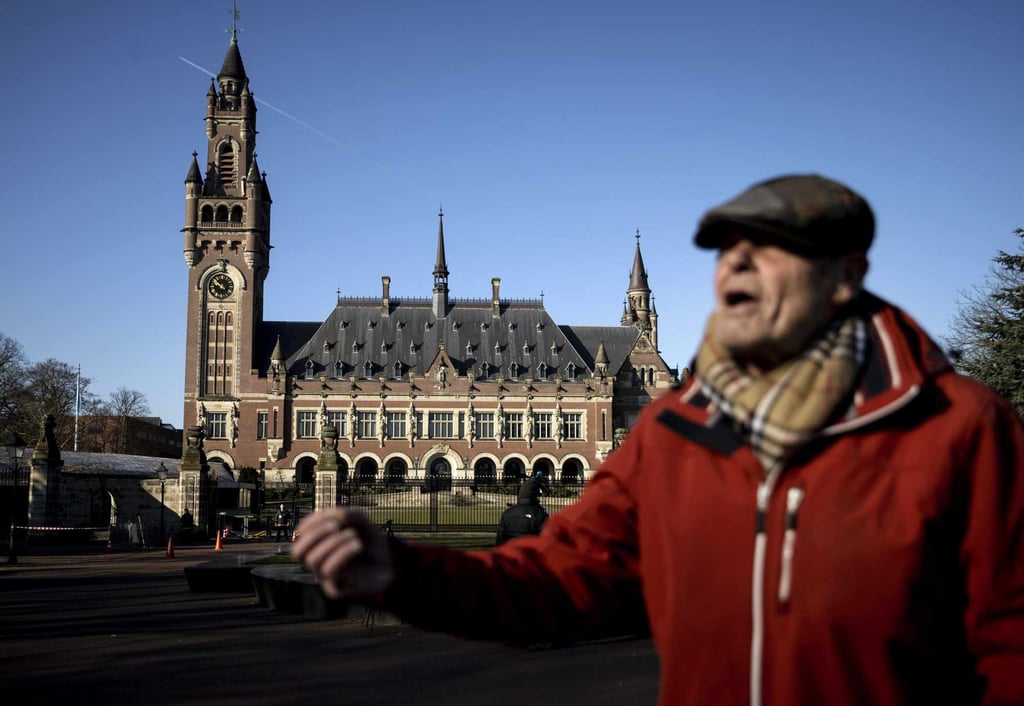Advertisement
Ukraine crisis: Russia fails to show for international court hearings in The Hague
- International Court of Justice judge says Russian ambassador to Netherlands ‘indicated his government did not intend to participate’
- Ukraine’s court representative says fact ‘Russia’s seats are empty speaks loudly. They are on battlefield, waging aggressive war against my country’
Reading Time:2 minutes
Why you can trust SCMP
5

Russia on Monday boycotted hearings at the UN’s highest court during which Ukraine will argue that Moscow has falsely applied genocide law in justifying its invasion and will seek an emergency order halting hostilities.
Hearings began at 9am GMT at the International Court of Justice (ICJ) in The Hague without legal representation for Russia.

“The court regrets the non-appearance of the Russian Federation in these oral proceedings,” International Court of Justice President Joan Donoghue said.
Advertisement
The Russian ambassador to the Netherlands, Alexander Shulgin, wrote to the court and “indicated that his government did not intend to participate,” she said.
A spokesperson for the Russian Embassy in the Netherlands did not reply to a request for comment.

Ukraine’s representative at the court, Anton Korynevych, criticised Russia for not showing up at the ICJ’s Peace Palace headquarters.
Advertisement
Advertisement
Select Voice
Choose your listening speed
Get through articles 2x faster
1.25x
250 WPM
Slow
Average
Fast
1.25x